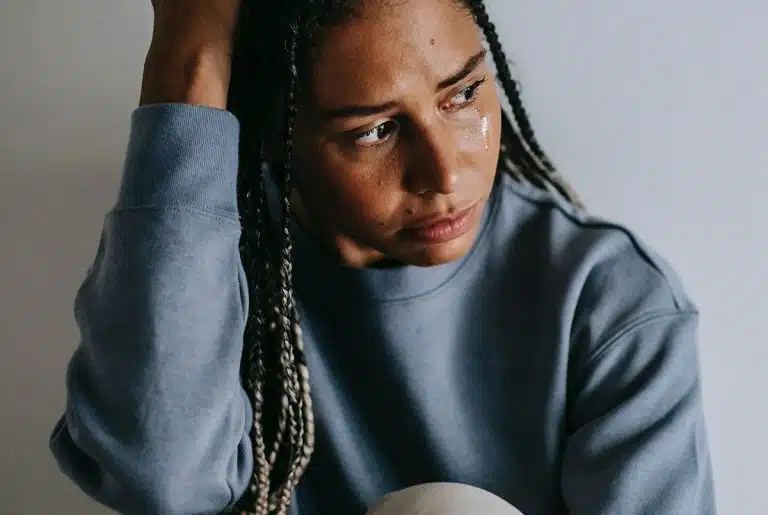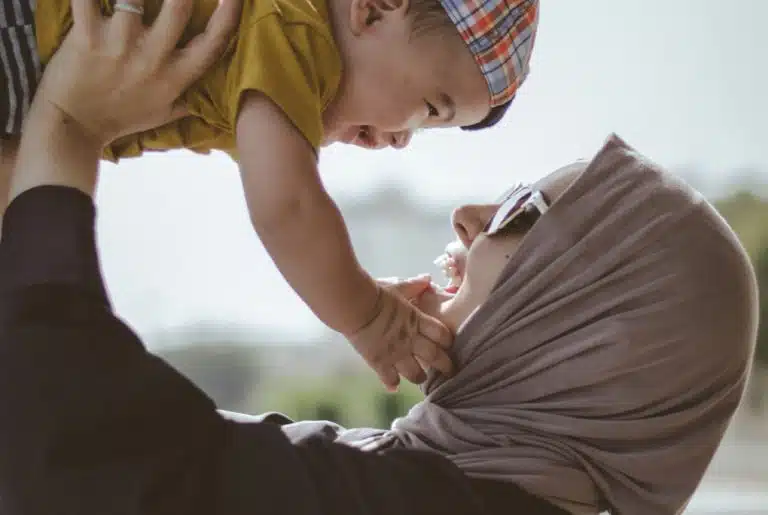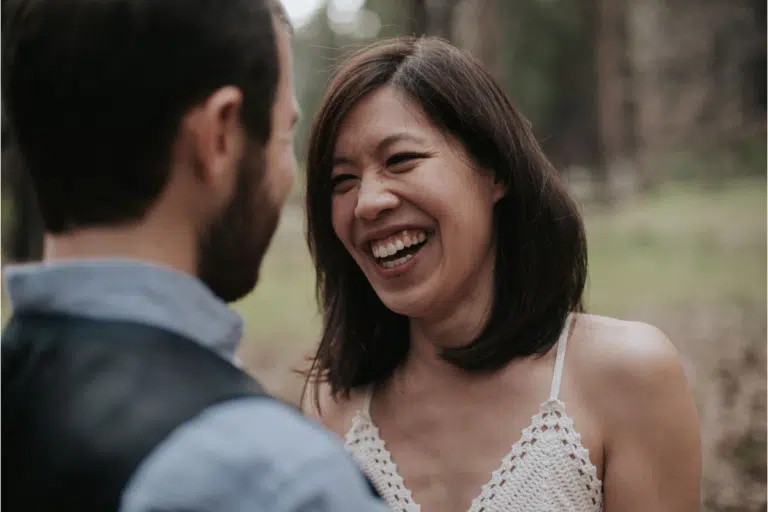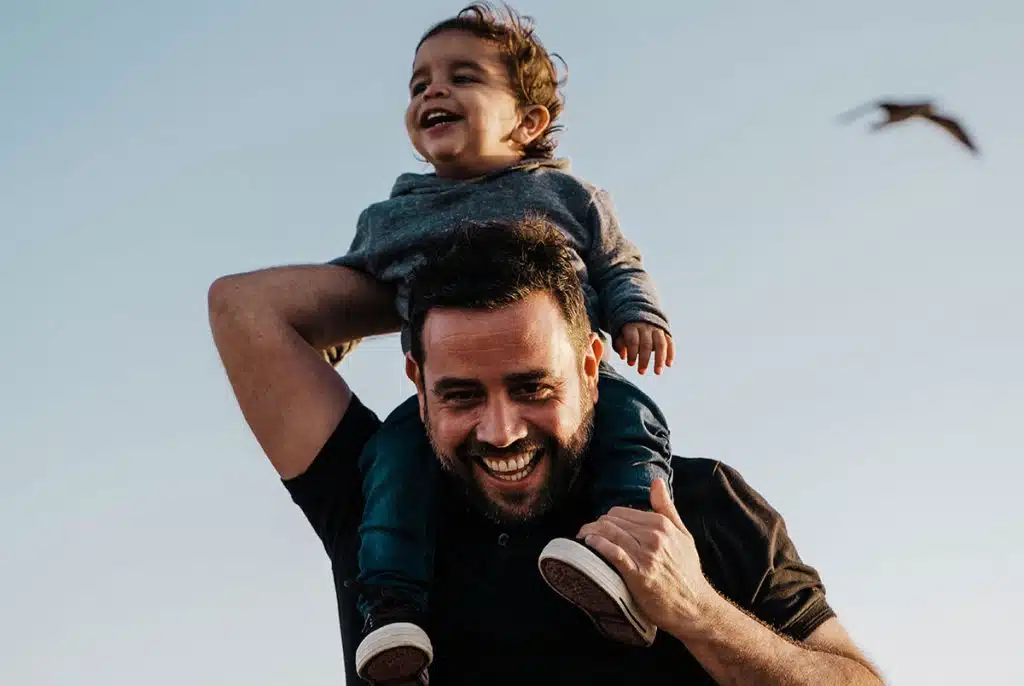The end of a marriage often marks the beginning of a major life transition – one that may raise new questions about identity, family, and the future of your relationships. If you’re separated and thinking about dating again, you’re not alone. Many people start seeing someone new before their divorce is finalised, especially if the relationship ended long ago in practice, if not on paper.
But just because you can date, doesn’t always mean it’s the right time.
“Plenty of people do start dating before their divorce is final – especially if the relationship ended long ago, emotionally or practically. But just because you can, doesn’t always mean it’s the right time,” says Elisabeth Shaw, a clinical psychologist and our CEO.
Am I ready to date?
There’s no set timeline, but emotional readiness is key. If you’ve taken the time to reflect on the relationship, processed your feelings, and are no longer acting out of pain or loneliness, dating might feel like an exciting step rather than a reactive one.
“Dating too soon can create complications, especially if emotions are still raw, you have not worked through the relationship ending and the learning for you, or you’re navigating tricky family dynamics.”
A helpful check is to imagine the story you’d tell the person sat across from you on your first date. If you find yourself revisiting anger, sadness or confusion, it might be a sign to take more time for yourself.
What if my ex isn’t ready?
It’s not uncommon for one partner to move on faster than the other. If you’re co-parenting or still in regular contact, being thoughtful about how you approach new relationships can go a long way.
“It’s worth being thoughtful about how you navigate new relationships, as this can make things smoother, especially if you’re co-parenting. Keeping things respectful and not rushing to introduce new partners (or flaunt them) can help reduce conflict and ease the transition for everyone.”
Letting your ex know you’re planning to date – before anyone new is introduced – can help maintain transparency and reduce potential tension. It can also help them process the separation more fully, especially if there are still emotional threads lingering.
Should I post about it online?
You don’t need to hide your life, but social media can sometimes pour fuel on an already delicate situation. If you haven’t discussed boundaries with your ex about online sharing, it’s worth doing so early on.
“You don’t need to hide your life, but sharing too much too soon (especially online) can sometimes inflame an already delicate situation.”
If you’re parenting together, consider how any public posts might affect your children, too. Often, the safest approach is to hold off on posting until things feel more settled.
How does dating affect children?
If you’re a parent, your children’s wellbeing will be front of mind. Introducing a new partner can be confusing and emotionally complex for children, especially if they’re still adjusting to the separation.
“Kids often need time to adjust to the big changes that come with separation. Introducing someone new too quickly, or without clear communication, can leave them feeling confused, anxious, or insecure.”
Take time to understand how your children are coping and what role – if any – you want them to have in your dating life. It may be helpful to start slow, introduce your new partner as a friend, and avoid forcing new dynamics until they evolve more naturally.
“Your children are not looking for new parents, so they can’t be expected to welcome this straight off, especially if they want you to reconcile.”
Are there risks to dating before the divorce is final?
Yes – especially if emotions are still raw, legal matters aren’t settled, or you’re still figuring out what you want. Dating too soon can add stress, blur emotional boundaries, or leave you more vulnerable to hurt.
“Starting a new relationship too soon can bring extra stress – emotionally, legally, and financially… You might also find yourself juggling complex dynamics between your ex, kids, or legal processes, which can be overwhelming if you haven’t had time to reset.”
Giving yourself space to reflect and process can help avoid repeating patterns or carrying unresolved hurt into something new.
So, is there a benefit to waiting?
Waiting to date until your divorce is finalised can give you clarity – and create a clean emotional break before starting something new. It also signals to new partners and your children that you’ve taken the time to work through the separation in a healthy way.
“Taking a break from dating while you work through the separation can give you the space to reflect, grow, and build a stronger sense of self… It means investing in your own wellbeing first and settling the children if needed.”
If you’re ready to get back out there…
Take it one step at a time. There’s no perfect way to re-enter the dating world, and no need to rush. Trust your instincts, be honest about where you’re at, and prioritise your emotional wellbeing.
“Go gently. There’s no need to rush, and no pressure to get it right straight away… Don’t be rushed into it by well-meaning friends who think they are helping you find happiness again. Their timeline may not be your timeline.”
If you’re unsure, talking things through with a counsellor can help you navigate this new chapter with clarity and confidence.
Thinking about dating after separation? Our experienced counsellors can help you explore your readiness, work through emotions, and support your wellbeing as you navigate new relationships. Find out more about our individual counselling services.
Related Services & Workshops

Group Workshops.Individuals.Trauma
Women’s Choice and Change
This program is a free domestic violence support group for women. Our family therapists provide a safe and caring space to share and learn from others who understand your experiences. Skills and strategies are provided to help you move forward with your life.

Counselling.Individuals.Trauma
Domestic Violence Counselling
We all have the right to feel safe. Taking the first steps to speak to someone about domestic and family violence can be conflicting and overwhelming. At Relationships Australia NSW, we provide compassionate, understanding, and confidential domestic violence support for victims.

Tailored Services.Individuals.Domestic Violence
Taking Responsibility – Men’s Behaviour Change Program
An intensive program involving casework support and an 18-week group program to help men make choices that match their values and intentions to develop safe and respectful relationships.






